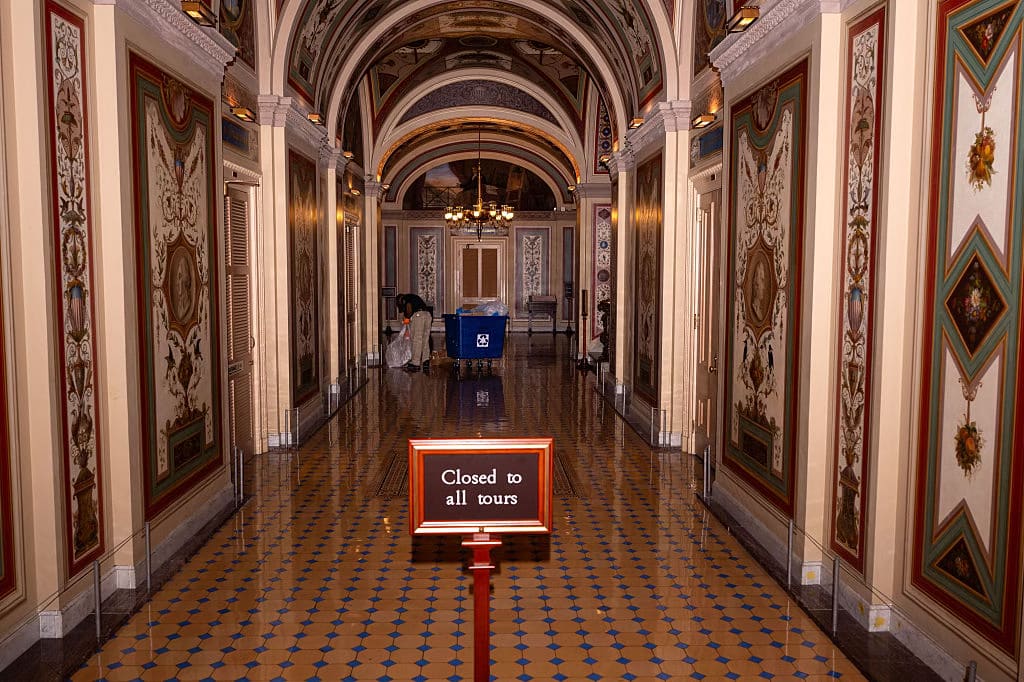Is long-term care insurance worth buying in your 60s? Here's what experts say
Healthcare costs can be one of the most expensive aspects of retirement, even with Medicare covering much of the basics. Part of the issue is that if you need to receive long-term care, such as a home health aide or staying in an assisted living facility, Medicare or traditional health insurance generally do not cover these areas. If they do, the coverage can be very limited, such as only allowing a few days in a skilled nursing facility for rehabilitation after surgery.
While you might think that you'll never need long-term care and can be self-sufficient, the data tells another story. Someone turning 65 today has almost a 70% chance of needing long-term care, according to the U.S. Department of Health and Human Services. And if you do need long-term care, the out-of-pocket costs can be exorbitant. For example, the monthly median cost for a home health aide in the US is $6,292, while a private room in a nursing home has a median monthly cost of $9,733, according to Genworth.
That's why many people turn to long-term care insurance to help reduce the risk of facing large expenses later in life. However, long-term care insurance generally gets more expensive as you age. A 60-year-old couple with a long-term care insurance policy that provides $165,000 in benefits can expect to pay $2,550 per year combined, while the average jumps to $3,750 at age 65, according to the American Association for Long-Term Care Insurance. But are these costs worth it for people in their 60s?
Explore your long-term care insurance coverage options online now.
Is long-term care insurance worth buying in your 60s? Here's what experts say
When it comes to whether the cost of buying long-term care insurance is worth it in your 60s, many experts say yes, but it can depend on the situation. Here's when it may and may not be worth the price.
Why long-term care insurance can be worth buying in your 60s
While paying thousands of dollars per year in premiums might not sound appealing, it can be better than the alternative of having no coverage for decades to come.
"When a person is in their 60s, they can live until 90-100 and the risk and consequence is something they still need to consider, especially as we age and have the potential for health issues to arise," says Brian Gordon, president of Gordon Associates Long Term Care Planning.
That's not to say that everyone needs long-term care insurance. For example, you may not need it if you simply can't afford the premiums. But for many people, experts say it's worth considering in your 60s before long-term care insurance costs increase even more.
"Purchasing long-term care insurance in your early 60s increases the chances of qualifying for coverage before any serious health issues arise that might disqualify you. While premiums for long-term care insurance increase with age, buying in your 60s is generally less expensive than in your 70s when it becomes prohibitively expensive," says Thomas C. West, a senior partner with Signature Estate & Investment Advisors, LLC.
You may also want to consider the total cost of long-term care insurance, rather than just looking at one year of premiums.
"If Jane takes out a policy at age 55 that has a $5,000 annual premium, and Mary takes out a policy at age 65 that has a $7,000 annual premium, at age 85 Jane will have paid a total of $150,000 while Mary will have paid a total of $140,000," says Chris Rivers, principal at Armstrong, Fleming & Moore, Inc.
"So if you have room in your budget for the higher annual premium, the costs can still make sense in your 60s," Rivers says.
Also, there's a risk of "being denied coverage due to health reasons," he adds.
So, if you still qualify in your 60s, you might jump on that opportunity while you still can.
Learn how much the right long-term care insurance policy could cost you.
Why long-term care insurance might not be worth buying in your 60s
Although some seniors benefit from long-term care insurance, it's important to consider how this coverage fits into your overall finances.
In terms of whether to buy long-term care insurance in your 60s, "twenty years ago the answer was a resounding 'yes,' but premiums and cost have risen significantly since then. The first consideration is your current cash flow, and whether or not you can afford to pay the premiums," says Rivers.
Also, consider whether you could receive support from programs like Medicaid if your financial situation allows for it.
"If you don't have assets to protect from a Medicaid spend-down, long-term care insurance may not be the best use of your limited resources," says Tim Kulhanek, co-founder and financial advisor at Stonebridge Wealth Systems.
Plus, depending on your health, waiting until your 60s might affect long-term care insurance eligibility.
"Clients often wait too late to explore coverage, perhaps not understanding that the underwriting for long-term care insurance is different from life insurance," says West.
But even if reasons like these prevent you from getting long-term care insurance, there are other potential solutions to consider.
"Aside from traditional long-term care insurance, you could also consider alternatives such as life insurance options that provide access to the death benefit should you become unable to navigate your environment safely," says Kulhanek.
The bottom line
Long-term care insurance policies can help seniors manage the risk of facing expensive care later in life, and even if you wait to buy a policy until you're in your 60s, that's not necessarily too late. And, while some experts suggest buying coverage earlier to obtain lower premiums, it can still pay off to buy a policy in your 60s. However, some would be better off utilizing other ways to pay for long-term care if needed, such as Medicaid if that's available to them or certain life insurance benefits that can be paid out early.






